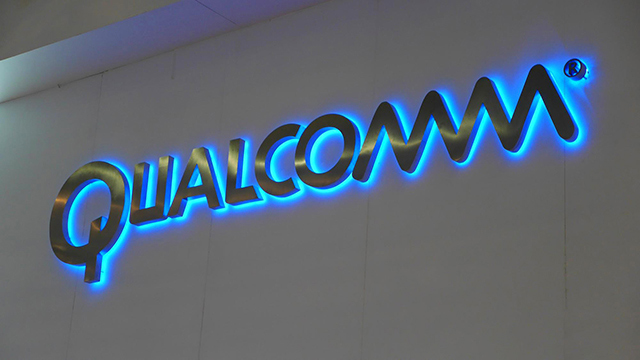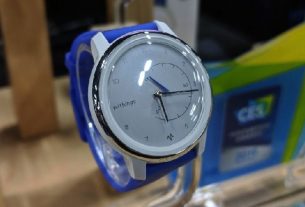As per the recent reports, Qualcomm has launched another lawsuit against Apple, requesting that a Chinese court levy a ban on the sale and manufacturing of iPhones within the nation. This is the most recent strike in a legal war between the two organizations, which began in the US and has since extended around the world.
In its claim, Qualcomm allegedly guarantees that Apple is infringing upon three licenses, none of which are fundamental to any industry benchmarks — meaning Qualcomm isn’t committed to license them. “Apple utilizes technologies invented by Qualcomm without paying for them,” a Qualcomm representative said. Those licenses are said to cover control administration and the iPhone’s Force Touch feature. In an announcement, Apple said the cases were “meritless,” and that it trusted the exertion would come up short. It recommended the exertion was deft, on the grounds that Qualcomm hadn’t raised the licenses amid transactions and had just issued them as of late. This is Qualcomm’s second endeavor to get a restriction on iPhone deals. In July, it recorded a comparable claim in the US, indicating six licenses that it said Apple was disregarding.
It appears to be exceedingly impossible that sales of any iPhones will be prohibited. Or maybe, this, for the most part, is by all accounts an endeavor to get back at Apple for some claim it’s recorded against Qualcomm around the world. It could likewise give Qualcomm some use while arranging the result of those suits. This fight in court commenced in January when Apple recorded a lawsuit claiming that Qualcomm was holding installments for emancipating. The documenting was incited by a claim from the Federal Trade Commission, which guaranteed that Qualcomm was manhandling its market position to get more cash when offering its cell phone modems since it’s by a wide margin the predominant provider. Apple continued to record suits making comparable claims the world over, and Qualcomm terminated back in different spots fighting patent infringement.
Things are not looking especially useful for Qualcomm. It’s been over and over fined for comparable practices, with the most recent decision descending yesterday, when it was fined $774 million by Taiwan’s Fair Trade Commission.

Carolyn is a technology graduate and loves to write about anything related to technology as well as writes in others sectors. Carolyn is a professional writer with over 7 years of experience. Initially starting off as a programmer, Carolyn decided to combine her knowledge about technology and writing and that’s how she joined Reporter Expert.



